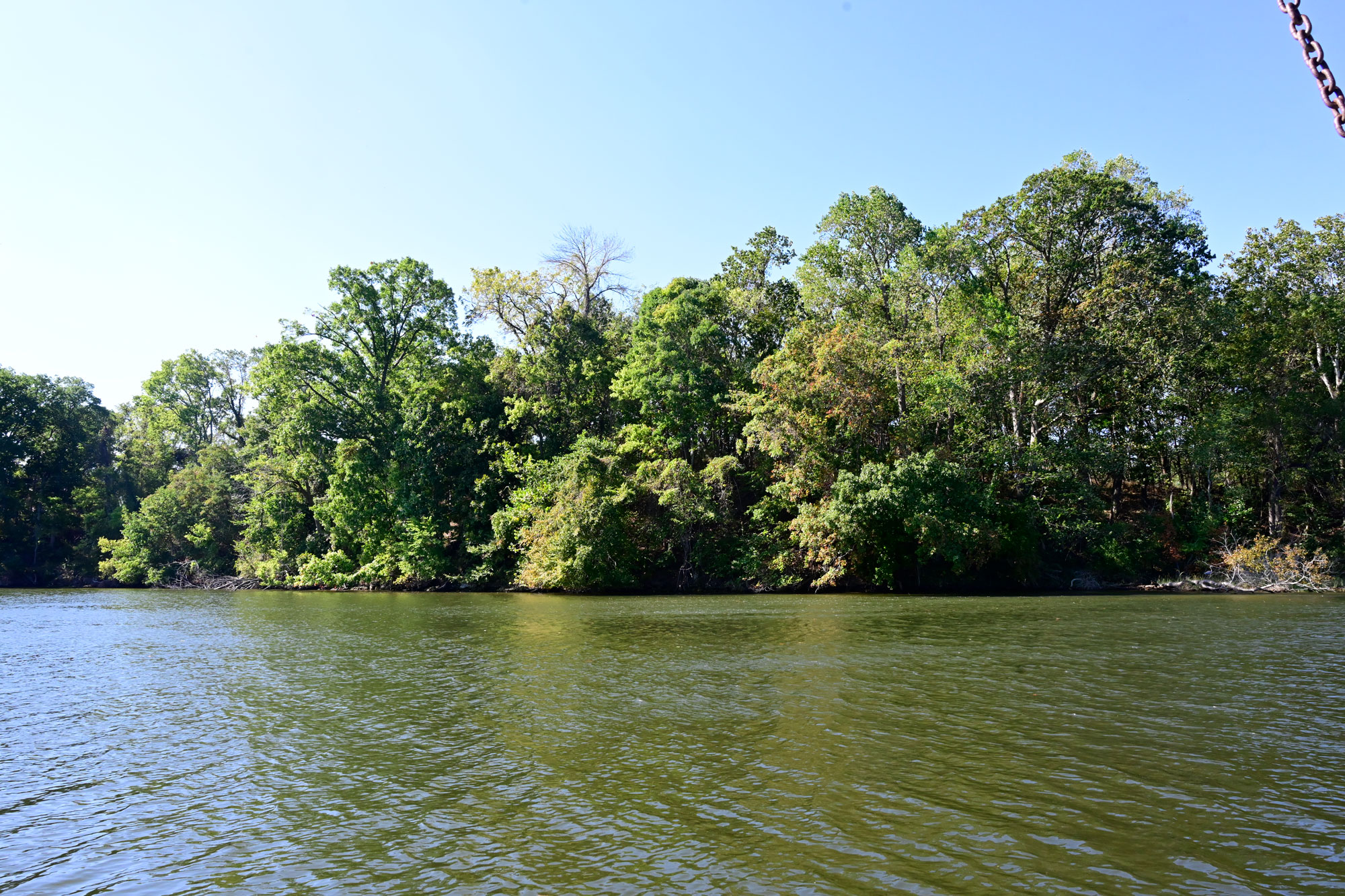Written By Morgan State University
Morgan State University and the State of Maryland have recently taken a significant step towards addressing the issue of climate change by establishing a new Center for Urban and Coastal Climate Science Research. The Center’s primary objective will be to work alongside the global scientific community and policymakers to develop effective solutions to mitigate the adverse implications of climate change impacting our planet. It is one of six centers that Morgan has launched over the past five years and represents one of the “Peaks of Excellence” recommended by a Blue-Ribbon Panel on STEM Research Expansion that the University recently convened. Funding for the new center comes as part of Maryland Gov. Wes Moore’s recently released FY25 budget; the state has committed to investing $3 million annually for the Center’s operation.
The Center will encompass various academic disciplines to advance study and address the most pressing and vexing challenges associated with climate change and its impact on natural ecosystems and the built environment, the economy, and the overall health and well-being of Maryland’s people, particularly urban and coastal populations. Through research, education, and public service, the interdisciplinary Center for Urban and Coastal Climate Science Research will produce research on climate change to benefit the City of Baltimore, Maryland, and coastal regions across the U.S. and beyond.
“Under the leadership of President David K. Wilson, Morgan has continued to advance its research and increasingly become more well-known for its strong STEM programs and research centers,” said Willie E. May, Ph.D., vice president of Research and Economic Development and Professor of Chemistry at Morgan State. “The University’s newest addition, the Center for Urban and Coastal Climate Science Research, will work alongside Morgan’s other Research Centers, to leverage our innovative researcher faculty and academic staff to study and predict the impact of climate change on urban and coastal communities. The research produced will be instrumental in identifying how climate change affects human health and natural resources in Maryland.”
Scientific data collected throughout the years has demonstrated that human activities have caused the Earth’s temperature to rise, leading to significant changes in the atmosphere, oceans, and the earth’s surface. It is now widely understood that climate-related hazards disproportionately affect vulnerable communities, such as people of color and those living in areas that are susceptible to flooding, heat waves, air pollution, and lack of access to infrastructure. Therefore, there is an urgent need for a research center like this to lead research, education, and stakeholder engagement efforts to address the impacts of climate change on human health and natural resources in the state of Maryland and beyond.
Climate change has had significant impacts on Maryland. The state has experienced higher average temperatures, more frequent and longer heatwaves, milder winters, and a longer growing season. Additionally, there has been an increase in the intensity of storms and flooding, a higher probability of summer drought, and saltwater intrusion in the Chesapeake Bay area. All these changes have had significant impacts on the residents of Maryland and the state’s economy. The Center aims to work hand in hand with both public and private partners, including local and federal government entities, to focus climate change-related issues including human and environmental health, community resilience, energy resources, coastal watersheds, fisheries, aquaculture, and the blue economy.
Maryland is particularly vulnerable to climate change due to its 3,200-mile coastline, which is more coastline relative to its geographic area than any other state in the country. Additionally, two-thirds of Maryland’s land area is occupied by 17 coastal counties, which account for 70% of Maryland’s population of 6 million. The rise in sea level increases the risk of inundation, while extreme weather events such as flooding and heat waves can lead to costly property damage, disruption to transportation and utilities, and public health risks.
The Center will involve faculty members from various research areas and departments at Morgan, including Biology, Chemistry, Climate Science, Computer Science, Civil Engineering, Economics, Physics, Regional Planning, Community Health, and Health Education. It will also utilize the resources and expertise of Morgan’s Patuxent Environmental and Aquatic Research Laboratory (PEARL), the Center of Excellence in Wastewater Epidemiology (CREWBE), the newly established Center for Equitable AI and Machine Learning (CEAMLS), and Center for Urban Health Equity (CUHE). Working in collaboration, the Center will conduct research that bridges the gap between artificial intelligence and machine learning (AI/ML), health disparities, environmental health, and climate science in a transdisciplinary approach.

